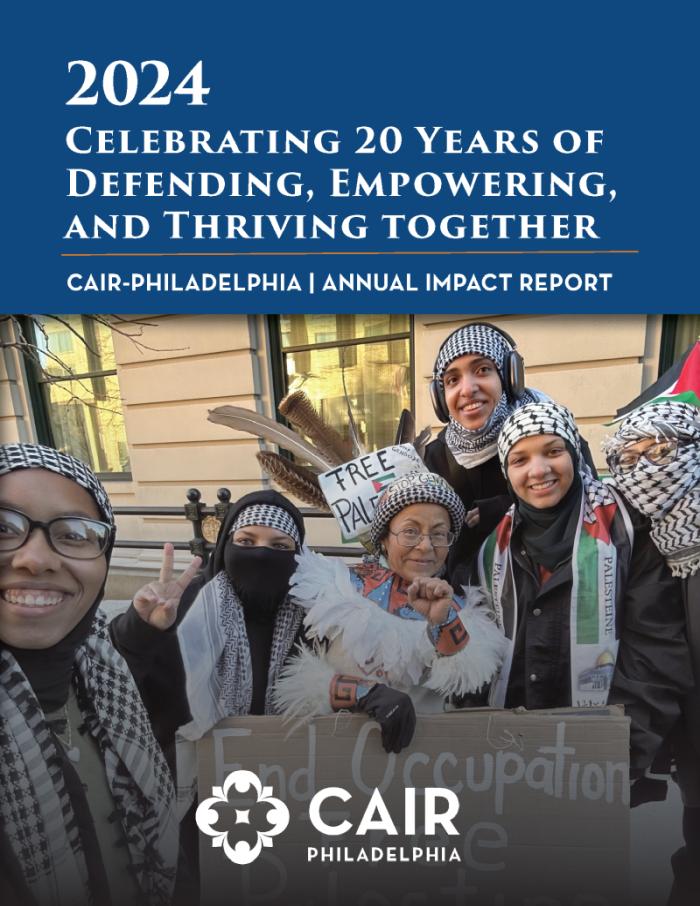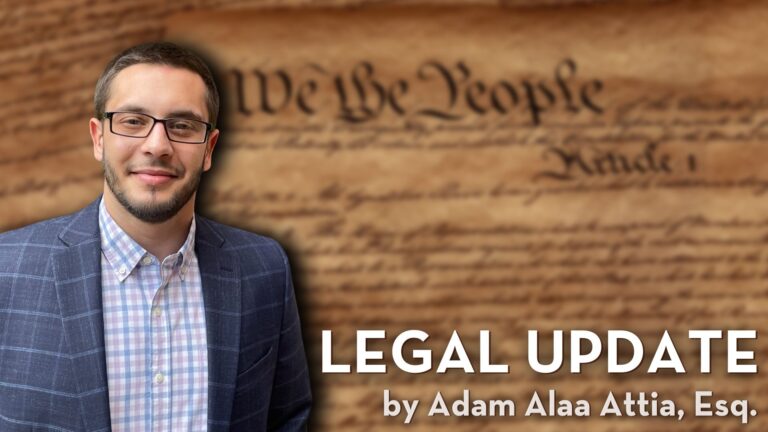by Ryan Houldin,
CAIR-Philadelphia Staff Attorney
China, Iran, Pakistan, Saudi Arabia, and the United States. These five countries execute more of its citizens than any other countries in the world, in that order. It is interesting to note that three of these countries are predominantly Muslim. While the Qur’an does allow state sanctioned killing in specific situations, Professor Khaled Abou El Fadl of the UCLA Law writes:
Entrusting the state to play this hazardous and often untenable role of carrying out the Divine mandate, if one does in fact exist, raises a set of theological and ethical problems that are not adequately addressed by simple reliance on procedural guarantees or by augmenting the integrity of the process that results in the decision to terminate life.
I agree. The death penalty is an unjust and anachronistic mechanism of our criminal justice system. Extensive research has conclusively proven that the death penalty, like the criminal justice system itself, has a huge racial bias. Given the fact that this country has never fully accepted responsibility for the racism and genocide upon which it was founded, it should come as no surprise that those ideologies still play out today in our criminal justice system. Studies have shown that the death penalty is more likely to be administered when the victim is white, in addition to the fact that people of color are more likely to be put to death when compared to similarly situated white defendants.
It is important to bear in mind that our legal system does not require certitude when meting out punishment. Our criminal justice system will subject someone to punishment so long as a fact finder is convinced beyond a reasonable doubt of their guilt. The problem is that the term “beyond a reasonable doubt” is ambiguous, and courts have struggled to precisely define the term. As a result, people’s lives hang in the balance of a vague, undefinable term. This has led to tens of thousands of people being wrongfully convicted. Fortunately, with the advent of more precise forensic testing, hundreds of people have been released from jails across the country for crimes they did not commit. However, in the context of the death penalty there are no second chances. While it is impossible to know how many innocent people have been murdered at the hands of the government, it is a fact that the death penalty kills innocent people. Since 1973, more than 155 people have been released from death row for crimes they did not commit. That number will only continue to grow.
Some proponents of the death penalty claim that it acts as a deterrent to others, meaning that people will refrain from killing out of fear that they themselves will be put to death. However, almost all of the country’s top criminology experts agree that the death penalty does not deter future killings. Moreover, pursuing the death penalty costs taxpayers considerably more money than pursuing life in prison.
Based on the fact that the death penalty is clearly flawed in its application, due to racial biases and inherent unreliability in the criminal justice system, abolishing the death penalty comports with Islamic theology, and promotes a more just and humane approach to punishment.
As Professor Khaled Abou El Fadl concluded in his own article on capital punishment and Islam:
Contrary to the message conveyed by the practices of several predominantly Muslim countries that supply some of the highest rates of executions in the world today, the Islamic vision of justice is not founded on vengeance and retribution. The Islamic vision of justice is premised on mercy and compassion, and the absolute sanctity of human life.
Ryan Houldin
Civil Rights Attorney, CAIR-Philadelphia
267.515.6710





